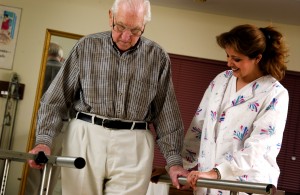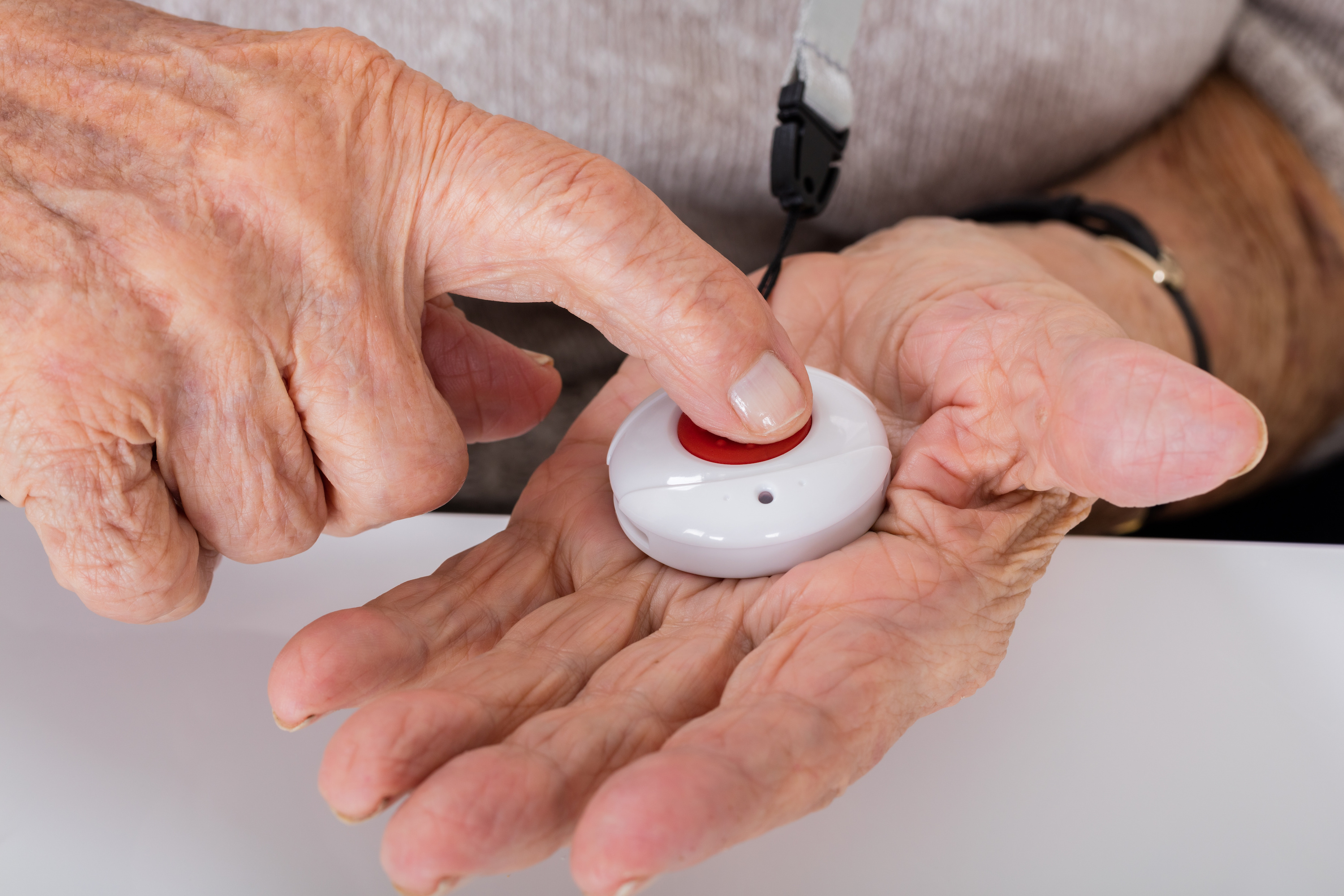Getting Back into Action After Hip Surgery
 Hip fractures and deterioration of the hip joint are issues experienced almost exclusively by seniors over the age of 60, and surgical intervention is often necessary to restore mobility. If you suffer a fractured hip, which is often caused by a fall, early treatment is critical. The broken bone should be set within the first 48 hours after the injury. As seniors are prone to falls for various reasons, and weakened bones make it more likely for delicate bones to fracture, many seniors choose to wear med alert systems that will allow them to contact help after a fall – without picking up a phone.
Hip fractures and deterioration of the hip joint are issues experienced almost exclusively by seniors over the age of 60, and surgical intervention is often necessary to restore mobility. If you suffer a fractured hip, which is often caused by a fall, early treatment is critical. The broken bone should be set within the first 48 hours after the injury. As seniors are prone to falls for various reasons, and weakened bones make it more likely for delicate bones to fracture, many seniors choose to wear med alert systems that will allow them to contact help after a fall – without picking up a phone.
Wearable med alert systems typically come in the form of a pendant or bracelet with a discreet button that, when pushed, will connect the wearer with an operator who can contact appropriate medical or emergency services. Some also include an option to notify a neighbor or loved one for less serious accidents. Check out our reviews page for a comparison of some of the top med alert systems.
Tips to Speed Recovery
Whether you’ve undergone hip surgery due to a traumatic injury such as a fall, or to correct a long-term condition like osteoarthritis, the period after surgery is often the most critical to ensure a full and speedy recovery. The following tips can, under the guidance of your physician, help you to get back on your feet more quickly:
- Don’t delay physical therapy. Ideally, most patients who have undergone hip surgery should already be starting some form of physical therapy the first day post-surgery, beginning with working on range of motion while in bed, and then gradually progressing to transferring to a chair and then to full weight bearing.
- Make adjustments to your home. Many seniors value some degree of independence, and undergoing hip surgery can result in a fear that independence could be lost. Talk to an occupational therapist about adjustments you can make to your shower, toilet, and bed to keep you moving safely and independently.
- Stay connected. Hip surgeries typically require a hospital stay of 4-7 days, though longer stays are not uncommon. Loneliness can lead to depression and slow recovery, so stay connected with your social system by inviting friends and family to stop by and visit you in the hospital, and when you return to your home.



